Emtricitabine and Tenofovir Disoproxil Fumarate
Pronunciation
em trye SYE ta been & ten OF oh vir dye soe PROX il FUE ma rate
What is this drug used for?
– It is used to treat HIV infection.
If your child is or may be sexually active:
– It is used in HIV negative patients to lower the chance of getting HIV infection through sex.
Possible side effects
Emtricitabine and Tenofovir Disoproxil Fumarate may cause side effects. Tell your doctor if any of these symptoms are severe or do not go away:
For patients taking this drug to treat HIV infection:
– Headache.
– Upset stomach.
– Diarrhea.
– Not able to sleep.
– Dizziness.
– Strange or odd dreams.
– Feeling tired or weak.
For HIV negative patients taking this drug to lower the chance of getting HIV through sex:
– Headache.
– Belly pain.
– Weight loss.
Some side effects can be serious. If you experience any of these symptoms, call your doctor immediately or get emergency medical treatment:
For all patients taking this drug:
– Signs of an allergic reaction, like rash; hives; itching; red, swollen, blistered, or peeling skin with or without fever; wheezing; tightness in the chest or throat; trouble breathing, swallowing, or talking; unusual hoarseness; or swelling of the mouth, face, lips, tongue, or throat.
– Signs of kidney problems like unable to pass urine, change in how much urine is passed, blood in the urine, or a big weight gain.
– Signs of liver problems like dark urine, feeling tired, not hungry, upset stomach or stomach pain, light-colored stools, throwing up, or yellow skin or eyes.
– Signs of too much lactic acid in the blood (lactic acidosis) like fast breathing, fast heartbeat, a heartbeat that does not feel normal, very bad upset stomach or throwing up, feeling very sleepy, shortness of breath, feeling very tired or weak, very bad dizziness, feeling cold, or muscle pain or cramps.
– Low mood (depression).
– Bone pain.
– Muscle pain or weakness.
– Pain in arms or legs.
For patients taking this drug to treat HIV infection:
– Changes in your child’s immune system can happen when your child starts taking drugs to treat HIV. If your child has an infection that you did not know was there, it may show up when your child takes this drug. Tell your child’s doctor right away if your child has any new signs after starting this drug, even after taking it for several months. This includes signs of infection like fever, sore throat, weakness, cough, or shortness of breath.
Medication Safety Issues
High alert medication:
This medication is in a class the Institute for Safe Medication Practices (ISMP) includes among its list of drug classes that have a heightened risk of causing significant patient harm when used in error.
Storage and Stability
Store tablets at 25?C (77?F); excursions permitted to 15?C to 30?C (59?F to 86?F). Dispense only in original container.
Adverse Reactions
Also see individual agents.
Central nervous system: Headache
Endocrine & metabolic: Weight loss
Gastrointestinal: Abdominal pain
Hematologic & oncologic: Abnormal phosphorus levels, decreased neutrophils
Neuromuscular & skeletal: Bone fracture, decreased bone mineral density
Rare but important or life-threatening: Glycosuria, immune reconstitution syndrome, proteinuria
⚠️ Important Shipping Notice:
This product can only be shipped via Express Mail and is not eligible for transshipping. Please check the product details before ordering.
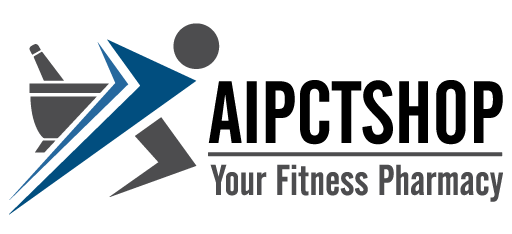




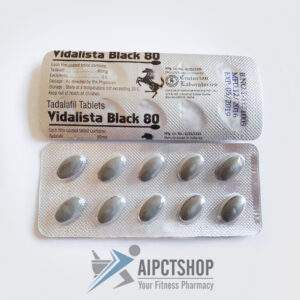
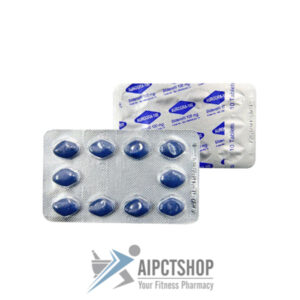
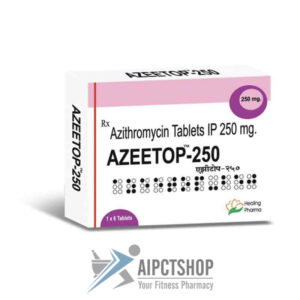
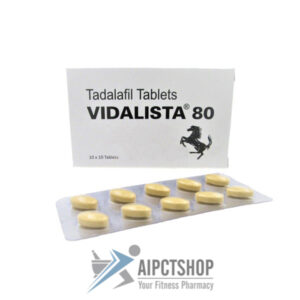
Reviews
There are no reviews yet